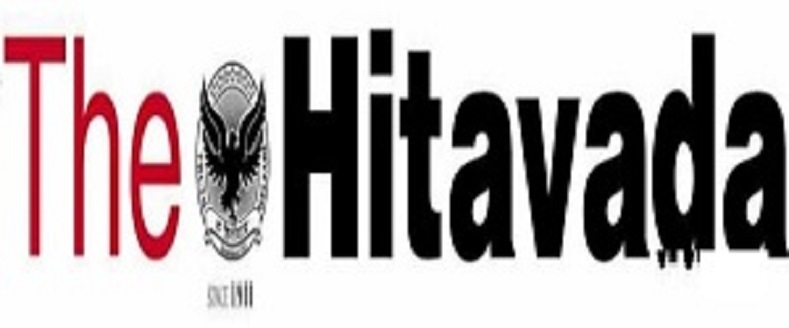NO OPTION
| Date :24-Jan-2020 |

THE observation in a US Congressional Research Service (CRS) report that Pakistan has only “limited options” to respond to India’s decisions as regards Kashmir, may appear all right from the American point of view, but in actuality makes little sense on the ground. For, Pakistan has no locus standi as regards Kashmir -- which is India’s totally internal matter. By that standard, Pakistan has no option but to remain out of the picture, no matter its fuming and fretting on various international platforms such as the United Nations. This is the standard constitutional and philosophical position from India’s point of view. The CRS, however, has chosen to offer a wide range of issues that the American lawmakers might want to use while making an informed decision as regards Kashmir and Pakistan.
That also explains that the CRS has filed two reports on the subject in less than six months. The latest report asserts that Pakistan has only limited options, including the military one, over Kashmir. This observation, too, has much importance in the international considerations. One of the most critical parts of the observation is that in recent times, Pakistan’s military option, too, has quite restricted. This has a clear reference to Pakistan’s ever-shrinking military prowess in the past some time -- may be a little over a decade -- and the corresponding expansion and rise in India’s military capabilities.
Thus, even if Pakistan wants to push itself into contention over Kashmir, its options are limited to the extent of being ineffective. There should be no objection to the American observation which suggests only a marginal importance to Pakistan in the global US perspective on geopolitical issues. Since Washington had openly sided with Pakistan for decades, it is only fairly natural for the US to create scenarios with Pakistan in view. Over time, however, the actual condition of international realpolitik has undergone a sea-change, thanks to the emergence of India as a regional superpower and important global player, particularly in the past five years. The CRS report may have had the influence of some dimensions of American approach to Asian geopolitics, with India in a new focus, with a new gravitas.
There is no doubt that over time, India has strengthened its military machine comprehensively, which the world recognises fully. This is despite a rather sobering reality that a lot of segments of India’s military machine have shown signs of ageing almost simultaneously, and that India has launched a national agenda of defence acquisitions -- which may take a fairly long time to come to fruition. Despite this, the world is noticing a sea-change in India’s approach to international affairs, thanks to its diplomacy of courage and its willingness to use its strong military machine to extract an added leverage for management of foreign relations.
In the past five years, India has used its economic facility, too, to offer various countries line of credit, which has naturally increased the depth of New Delhi’s diplomatic footprint. The American researchers have not missed these realities as they cautioned Islamabad of its limited options. The US lawmakers, too, are going to use these perceptions as critical components of decision-making as regards Kashmir and Pakistan. It must be stated candidly that Pakistan actually has no option in Kashmir except sitting quiet and allowing things to evolve over time on the Indian side. And even as it does so -- if it really does -- New Delhi is demonstrating a newer confidence that its military would be ever willing to march into the Pakistan Occupied Kashmir and annex it. The world does not miss this contrast, and CRS report is an indication of that reality. It is obvious that Pakistan is most likely to be a bystander as history moves on.